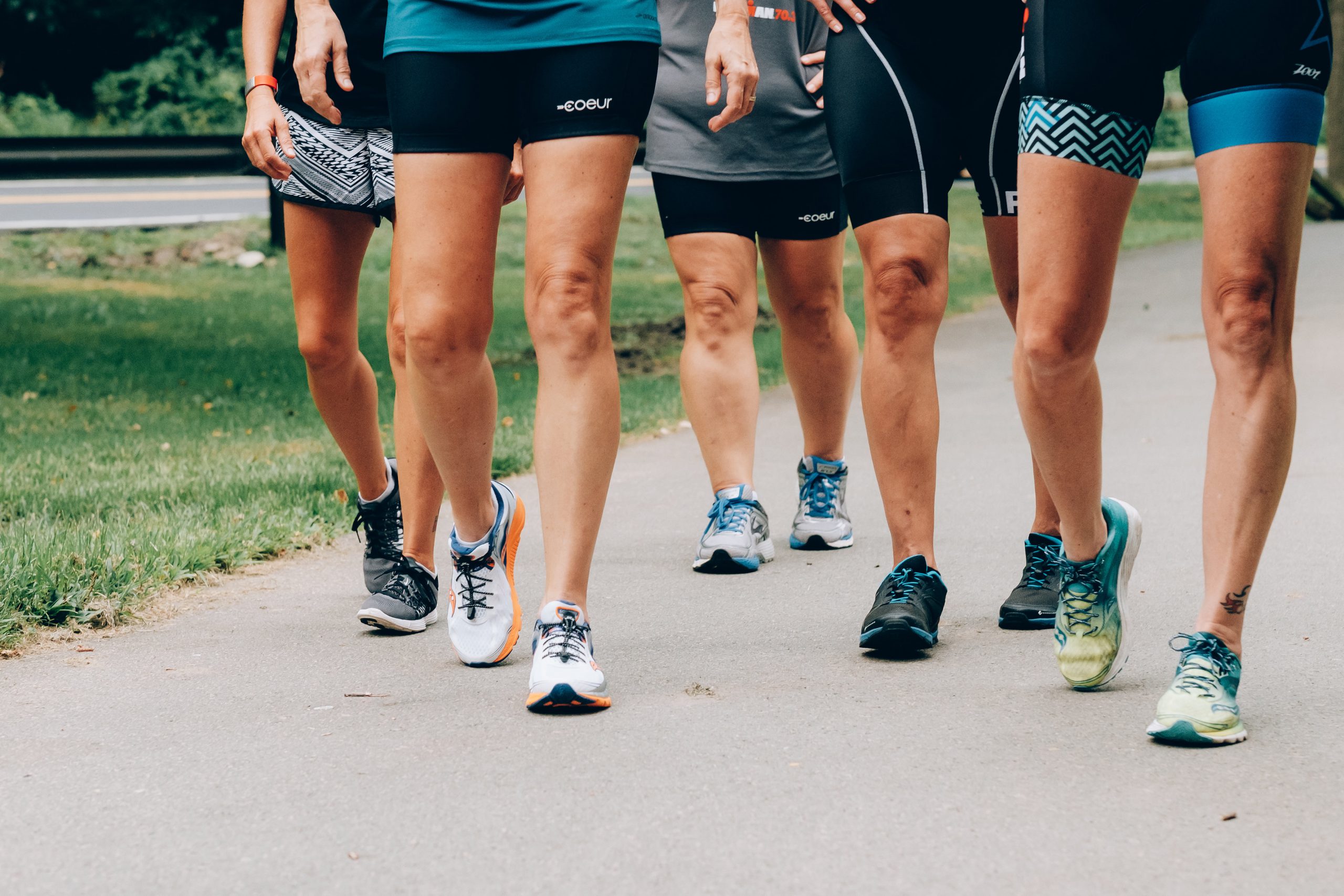If you have ever had a calf cramp, you know how painful it can be. A sudden pang at night that makes you jump out of bed. Or a charleyhorse while riding your bike, and you can’t unclip your shoes because your calf is in so much pain. A calf cramp can hit anytime without warning and can last anywhere from a few seconds to 10 minutes. That is a long time.
Calf cramps seem to occur more often as we age (I know nobody wants to hear that), and eating a banana or drinking more water seems the most common recommendation to prevent cramps.

What Are Calf Cramps?
Calf cramps are sudden, painful muscle contractions that occur in the lower leg, specifically in the calf muscles. They can be brief, lasting a few seconds, or persist for several minutes. Calf cramps are also known as “Charley horses.”
Muscle cramps can occur in any muscle in the body, but the leg muscles, particularly the calf, are most commonly affected.
Why do we get calf cramps?
Cramps can be caused by a variety of factors, including:
- Dehydration: Water is essential for muscle function, and dehydration can lead to muscle cramping.
- Electrolyte imbalance: Electrolytes like potassium, calcium, sodium, and magnesium play a role in muscle function and nerve communication. Low levels of these electrolytes can contribute to muscle cramps.
- Muscle fatigue or overuse: Overworking a muscle or sustaining the same position for an extended period can cause cramping.
- Poor circulation: If blood isn’t circulating well to your muscles, they may cramp up.
- Lack of stretching: Not stretching before and after exercise can increase the likelihood of muscle cramps.
- Certain medications: Some medications, like diuretics, can also cause muscle cramps as a side effect.
While muscle cramps are usually harmless but can be uncomfortable and temporarily disruptive. If you have regular or severe muscle cramps, it’s worth speaking to a healthcare professional, as this can sometimes be a sign of an underlying health issue, such as a nerve condition or a mineral deficiency.
Risk Factors
Age – As we age, we lose muscles, and the remainder of the muscles can over-stress more easily
Dehydration – Active women and men become fatigued and dehydrated while participating in warm-weather sports and frequently develop muscle cramps
Medical conditions – You might be at higher risk of muscle cramps if you have diabetes, or nerve, liver, or thyroid disorders
How To Immediately Stop Calf Cramps
Hydrate – Drink plenty of liquids daily; the amount depends on what types of food you eat, your activity level, your temperature, your health, your age, and your medications.
Stretch – I am a big believer in stretching and do so regularly. If you get calf cramps at night, stretch before bed and maybe go for a short walk to loosen up your legs before you go to sleep.
Apply heat or cold – Put a warm towel or heating pad on the cramping calf. Massaging the affected calf with some ice may also relieve the pain.
Here are some stretches you can do that may help prevent or ease cramps.